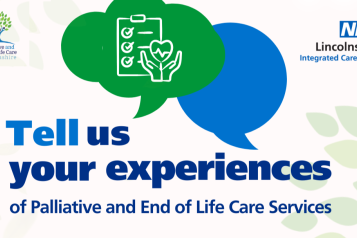NHS to test new rapid care measures for patients with the most urgent mental and physical health needs
The new standard, a significant step towards parity of esteem for mental health, is among a raft of proposed clinical improvements that aim to deliver rapid assessment and treatment for patients with the most serious conditions, and expand short waits for millions more NHS patients.
Patients experiencing a mental health crisis will also be able to access quick care in their own home or community, while no one who urgently needs help should wait more than 24 hours.
People with suspected cancer will receive a definitive diagnosis within 28 days of urgent referral by their GP or a screening service as part of the proposals, which will be field tested by the NHS.
Other new standards to be trialled include a rapid assessment measure for all patients arriving at A&E, coupled with faster life-saving treatment for those with the most critical conditions, such as heart attacks, sepsis, stroke and severe asthma attacks.
The proposals will support staff to focus on what matters most to the public and saves lives, including early assessment of everyone coming to A&E, the rapid start of treatment for those with the most serious illnesses and injuries.
A new measure of time in emergency department will also be tested, with the aim of ending hidden long waits and providing a more accurate view of hospital performance by recording how long every patient spends in A&E, not just whether their discharge or admission time breached the target.
“The NHS is aiming to improve care for patients and save hundreds of thousands more lives over the coming years, with greater access to mental health support, better treatment for the major killer conditions and services which are more joined-up, personalised and closer to home."


